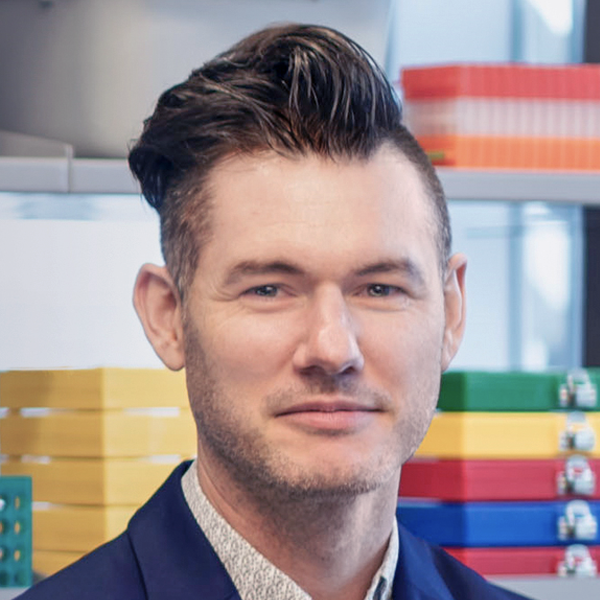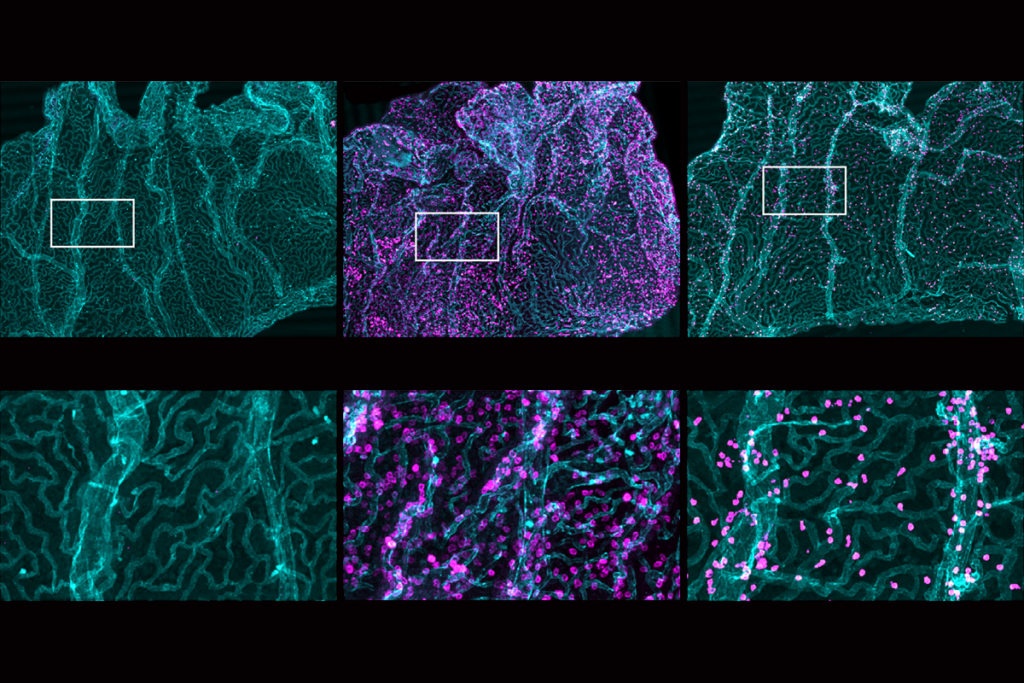Shane Liddelow is associate professor of neuroscience and physiology, and of ophthalmology, at the NYU Grossman School of Medicine. His primary focus is on understanding the complex roles of astrocytes in the brain. Liddelow’s work has particularly centered on two subtypes of reactive astrocytes called A1 and A2 astrocytes, which release toxic factors capable of killing specific neurons.
He earned his B.S. (Hons) in neuroscience and anatomy and cell biology at the University of Melbourne and his Ph.D. in pharmacology with Katarzyna Dziegielewska and Norman Saunders, also at the University of Melbourne. His graduate work focused on the protective barriers of the brain during early development, specifically investigating ways to augment this system for the delivery of drugs to the central nervous system.
As a postdoctoral fellow in Ben Barres’ lab at Stanford University, Liddelow’s research focused on astrocytes, the major glial subtype in the brain. He discovered A1 and A2 astrocytes, which are present in the brains of people with Alzheimer’s, Parkinson’s and Huntington’s diseases, amyotrophic lateral sclerosis (Lou Gehrig’s disease) and multiple sclerosis.
Liddelow has received the NHMRC (Australia) CJ Martin Training Award (2012-2016), the Glenn Foundation Award for Aging (2016), the Inge Grundke-Iqbal Award for Alzheimer’s Research (2019), the David Hague Early Career Investigator of the Year Award from Alzheimer’s Research UK (2020), the Janett Rosenberg Trubatch Career Development Award from the Society for Neuroscience (2021) and the Pershing Square MIND Prize (2024).


